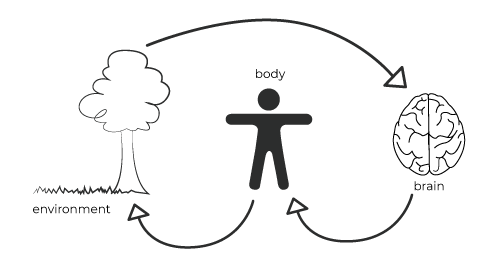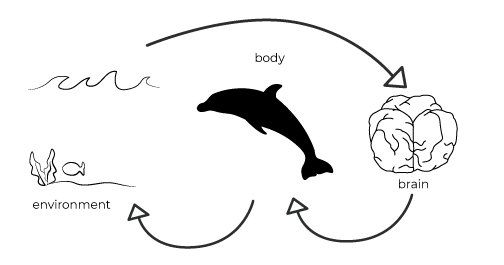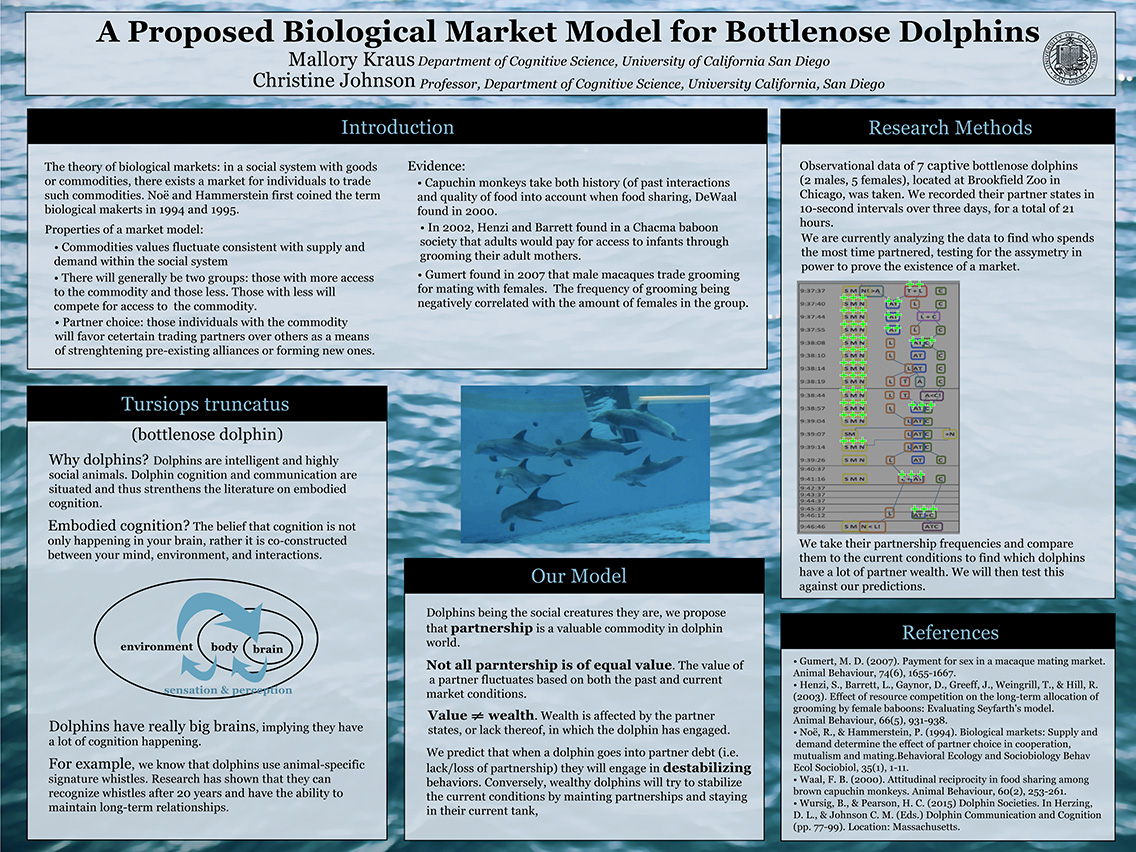Social Economy of Bottlenose Dolphins
Working in the Faculty Mentor Program Dr. Christine Johnson at UCSD, I aided in developing the protocol for taking data for a biological market study of 7 captive adult bottlenose dolphins kept at the Chicago Brookfield Zoo.

Timeline
Oct 2015 - March 2016
Goals
- Create a protocol and methods for taking observational data to study market models and partner selection
- Observe footage of dolphin enclosure and partner activity
- Analyze data against existing market models and findings
Roles
Research assitant
Why Dolphins?
Dolphins are intelligent animals with big brains, implying that a lot of cognition is happening. Much like humans, they are highly social animals, and thus their social structures and environment have a big impact on their cognition. Research on this strengthens the literature on embodied cognition, or the theory that cognition is not happening only in your brain, it is co-constructed by your brain, your environment, and your interactions. By exploring other animals' cognition, we gain insights into how our own human cognition developed and how our brain processes information.


The Market Model
The theory of biological markets states that in a social system with goods or commodities, there exists a market for individuals to trade such commodities. When it comes to dolphins, partnership (two or more dolphins swimming togehter) is a highly valuable commodity. Not all partnership is equal though, it fluctuates on the current state of the market and on past/current market conditions. We observed 21 hours worth of footage, taking observational data, meticulously recording who spends time with who and for how long.
Poster Symposium
In addition to partially writing the observational data protocol, collecting data, and training new research assistants, I participated in the Faculty Mentor Program and Poster Symposium. I created the poster below and presented it.
